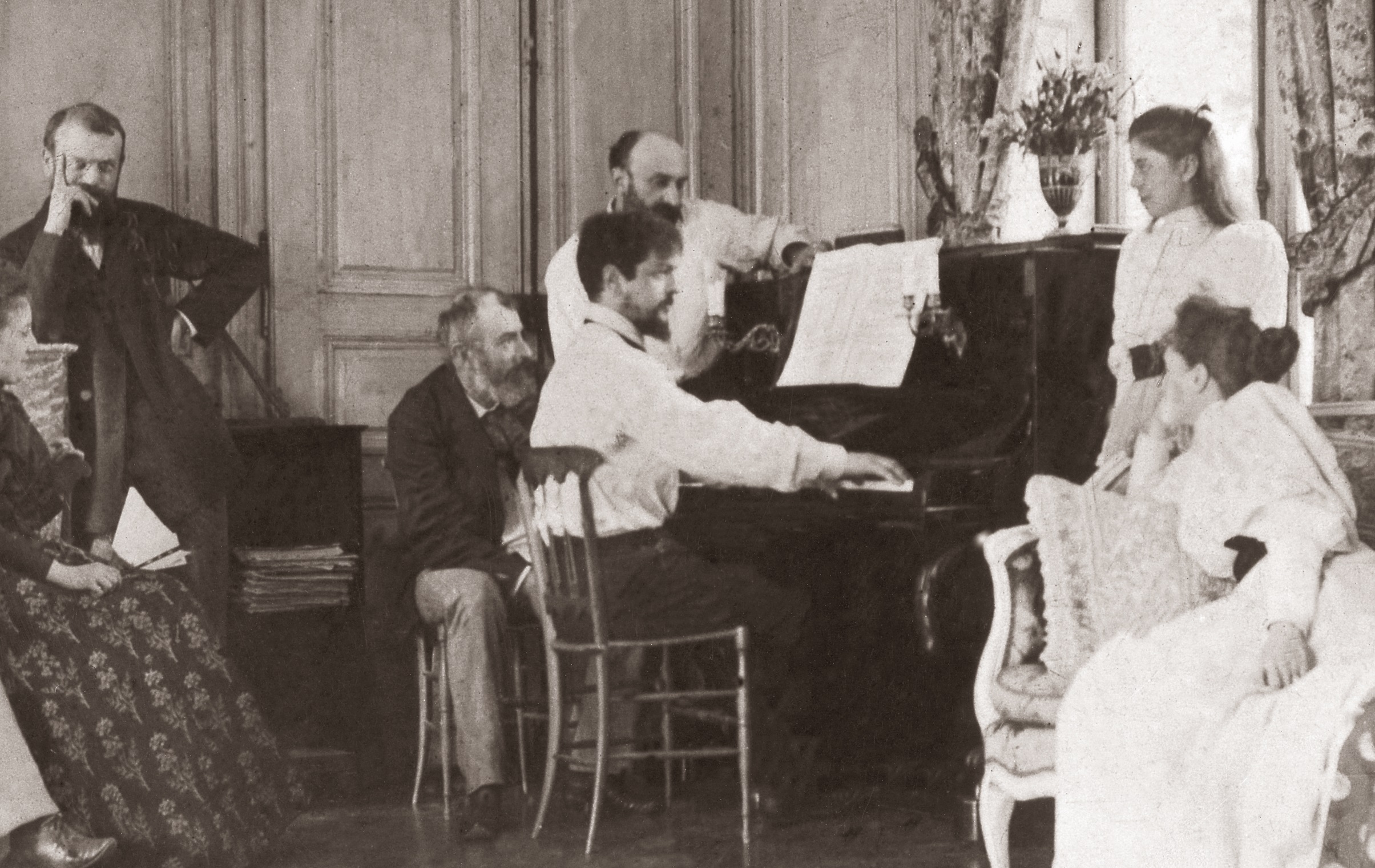Claude Debussy (1862-1918) was a French composer whose innovative harmonies and impressionistic style revolutionized the world of music. His works, characterized by their atmospheric qualities, subtle nuances, and exploration of timbre, continue to captivate audiences today.
Early Life and Career
Born in Saint-Germain-en-Laye, France, Debussy showed early promise as a musician. He studied at the Paris Conservatoire, where he won numerous prizes for his piano playing. However, his unconventional compositions often clashed with the conservative teaching methods of the time.
Debussy’s career took a significant turn when he traveled to Russia in the 1880s. There, he was exposed to the music of Russian composers like Modest Mussorgsky and Alexander Borodin, whose influence can be heard in his later works.
Impressionist Style
Debussy is best known for his association with Impressionism, an artistic movement that sought to capture the fleeting moments and subjective impressions of reality. In music, this translated into a focus on atmosphere, color, and the subtle interplay of sounds.
Debussy’s impressionistic style is evident in his use of parallel chords, whole-tone scales, and chromaticism. He often avoided traditional harmonic progressions in favor of more ambiguous and atmospheric effects.
Key Works
- “Prelude to the Afternoon of a Faun” (1894): This evocative piece, inspired by a poem by Stéphane Mallarmé, is considered a landmark work of Impressionist music.
- “Pelléas et Mélisande” (1902): Debussy’s only opera, this work is set in a dreamlike atmosphere and features a haunting score.
- “Images for Orchestra” (1905): This collection of orchestral pieces showcases Debussy’s mastery of orchestral color and texture.
- “La Mer” (1905): Inspired by the sea, this symphonic work evokes the vastness, mystery, and power of the ocean.
Legacy
Debussy’s influence on 20th-century music cannot be overstated. His innovative harmonies, exploration of timbre, and emphasis on atmosphere paved the way for future composers, including Igor Stravinsky, Maurice Ravel, and Olivier Messiaen.
Debussy’s music continues to inspire and captivate audiences today. His works offer a unique and immersive listening experience, inviting listeners to explore the subtle nuances and emotional depth of his compositions.
Would you like to know more about a specific piece or aspect of Debussy’s music?



